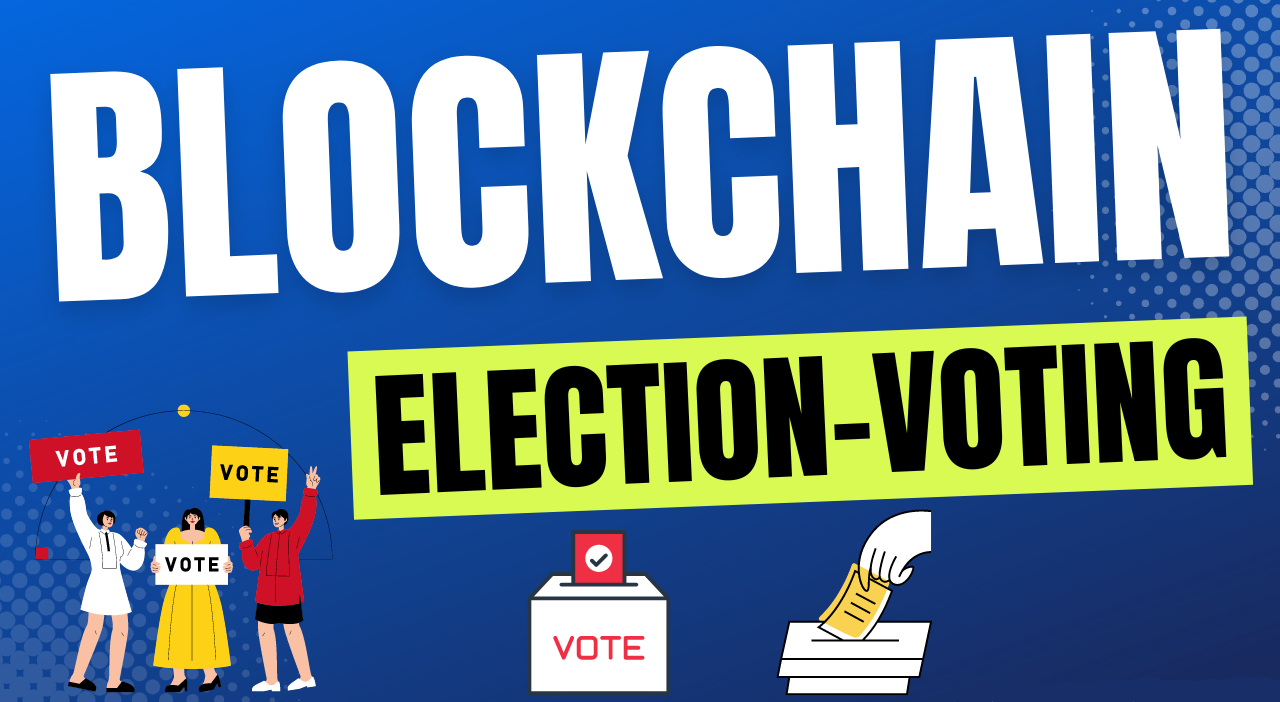Blockchain in the Voting System: Ensuring Transparency and Trust in Elections

Elections form the foundation of democratic societies, with trust and transparency being crucial elements in maintaining the integrity of the voting process. As technology continues to advance, blockchain has emerged as a promising solution to enhance the security, transparency, and trustworthiness of elections. In this article, we will explore how blockchain can revolutionize the voting system, ensuring transparency and trust in electoral processes.
The Role of Blockchain Technology
Blockchain technology offers a decentralized and immutable ledger that can significantly enhance the integrity of the voting system. Here's how:
- Transparency and Auditability: Blockchain provides a transparent and publicly accessible ledger where all transactions or votes are recorded in a secure and tamper-proof manner. Each vote is stored as a transaction on the blockchain, and once recorded, it cannot be altered or removed. This transparency allows voters, candidates, and election observers to independently verify the results and ensure the accuracy of the tally.
- Security and Tamper Resistance: Blockchain employs advanced cryptographic algorithms to secure the voting process. Each vote is encrypted and linked to the voter's identity, ensuring anonymity and preventing tampering. The decentralized nature of blockchain makes it extremely difficult for any single entity to manipulate the votes, as it would require a consensus among the network participants.
- Voter Identity Verification: Blockchain can enable secure and efficient voter identity verification while maintaining anonymity. By using cryptographic techniques, voters can prove their eligibility without revealing their personal information. This ensures that only eligible voters can participate in the election, mitigating the risk of fraudulent votes or impersonation.
- Decentralization and Resilience: Unlike centralized voting systems, blockchain-based voting platforms are distributed across multiple nodes, making them highly resilient to hacking or data manipulation attempts. Even if some nodes are compromised, the decentralized nature of the blockchain ensures that the overall integrity of the system remains intact.
- Immutable Audit Trail: The blockchain's immutable nature provides an audit trail of every vote cast and every transaction recorded. This allows for post-election audits, enabling independent verification of the results and ensuring the integrity of the electoral process. Any attempt to alter or manipulate the records would be immediately detectable, further enhancing trust and confidence in the voting system.
Challenges and Considerations
While blockchain-based voting systems offer significant advantages, there are challenges and considerations to address:
- Accessibility and Digital Divide: Ensuring equal access to technology and addressing the digital divide is essential to prevent exclusion of certain groups from the voting process. Adequate measures should be taken to provide accessibility and education to all voters, regardless of their technological capabilities.
- Scalability and Throughput: Blockchain networks need to address scalability and throughput concerns to handle large-scale voting processes, especially in national or international elections. Solutions such as layer-two protocols or off-chain computations can be explored to enhance the scalability of blockchain-based voting systems.
- Privacy and Confidentiality: While blockchain provides transparency, it is important to balance it with privacy requirements. Proper cryptographic techniques should be employed to protect voter privacy while ensuring that votes can be independently verified.
Blockchain technology has the potential to revolutionize the voting system, ensuring transparency, security, and trust in elections. By leveraging its decentralized and immutable nature, blockchain can address the challenges of traditional voting systems and provide a reliable platform for conducting elections. As we embrace the potential of blockchain in the voting system, it is crucial to collaborate with election authorities, policymakers, and technologists to develop robust solutions that safeguard the democratic process and uphold the principles of transparency and trust.
